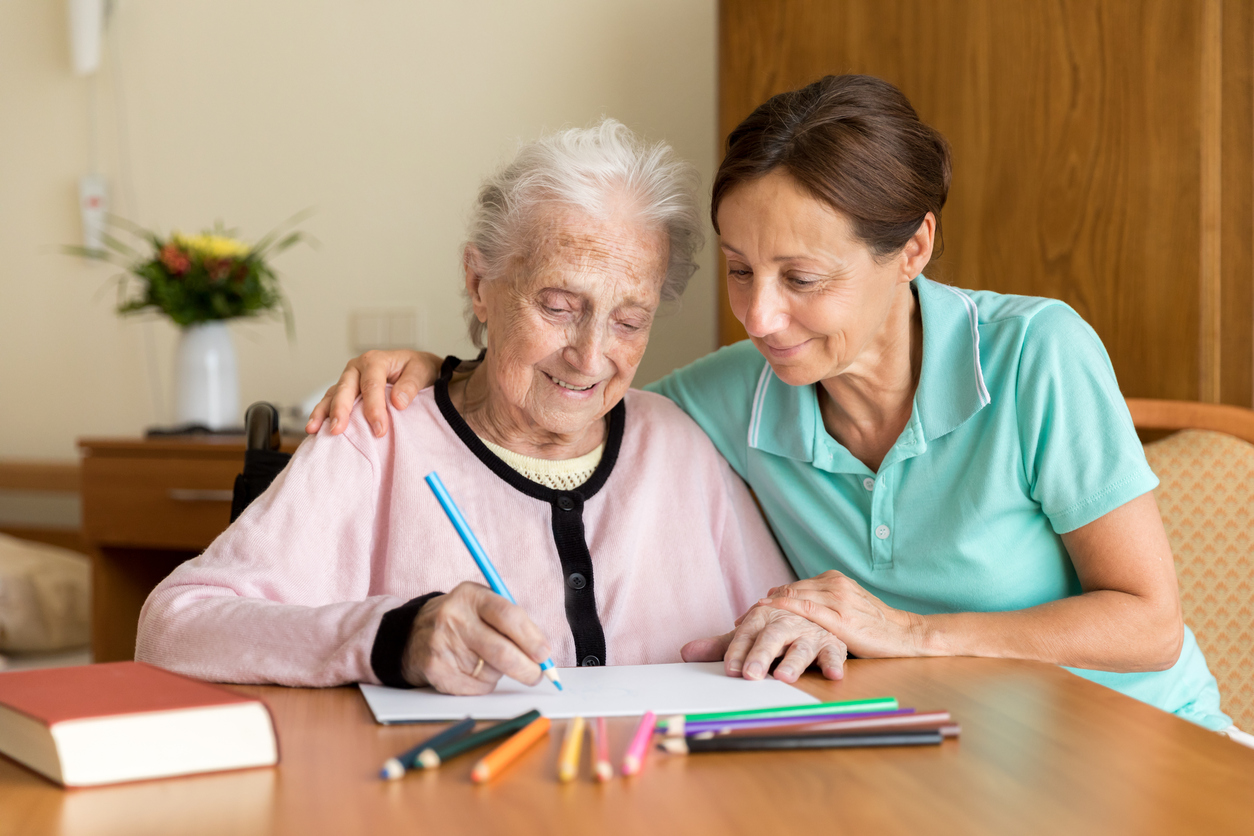Navigating the Challenges of Providing Alzheimer’s Care at Home: Expert Advice

Caring for a loved one with Alzheimer's disease at home can be a rewarding yet challenging experience. It requires patience, dedication, and a deep understanding of the unique needs of individuals with Alzheimer's. As a caregiver, you may face various challenges along the way, from managing behavioral changes to ensuring the safety and well-being of your loved one.
In this article, we will provide expert advice on how to navigate the challenges of providing Alzheimer's care at home. You can also browse around this site to explore more about alzheimers dementia care.
Understanding Alzheimer's Disease
Before diving into the challenges of providing care, it is essential to have a basic understanding of Alzheimer's disease. Alzheimer's is a progressive brain disorder that affects a person's memory, thinking, and behavior. It is the most common cause of dementia among older adults, and its symptoms worsen over time.
Key Points to Remember:
- Alzheimer's is not a normal part of aging.
- Early diagnosis and intervention can help manage symptoms.
- Each person with Alzheimer's experiences the disease differently.
Challenges of Providing Alzheimer's Care at Home
Memory Loss and Communication Difficulties
Individuals with Alzheimer's often experience memory loss, which can make it challenging to communicate effectively. As a caregiver, you may need to find alternative ways to communicate with your loved one to ensure they understand you and feel heard.
Behavioral Changes
Alzheimer's can cause changes in behavior, such as agitation, wandering, or aggression. Managing these behavioral changes can be one of the most challenging aspects of caregiving. It is essential to remain calm, patient, and empathetic when dealing with challenging behaviors.
Physical Safety Concerns
Individuals with Alzheimer's may be at risk of falls, wandering away from home, or forgetting to turn off the stove. Ensuring a safe environment for your loved one is crucial to prevent accidents and injuries.
Expert Advice for Alzheimer's Caregivers
Establish a Routine
Creating a daily routine can provide structure and predictability for individuals with Alzheimer's. Establishing regular mealtimes, bedtime routines, and activities can help reduce confusion and anxiety.
Use Simple and Clear Communication
When communicating with your loved one, use simple and clear language. Avoid asking open-ended questions or providing too many choices, as it can lead to confusion. Use visual cues and gestures to enhance communication.
Encourage Independence
While it is essential to provide assistance when needed, encourage independence whenever possible. Allow your loved one to participate in daily tasks and activities to maintain a sense of purpose and accomplishment.
Seek Support
As a caregiver, it is essential to take care of your own well-being. Seek support from family members, friends, or support groups for caregivers. Consider respite care options to give yourself a break and prevent burnout.
Conclusion
Providing Alzheimer's care at home comes with its unique set of challenges, but with the right strategies and support, you can navigate this journey successfully. Remember to prioritize your loved one's safety, communication, and well-being, and don't hesitate to seek help when needed. By following expert advice and implementing best practices for Alzheimer's caregiving, you can provide your loved one with the care and support they need during this challenging time.
Leave a Reply
You must be logged in to post a comment.